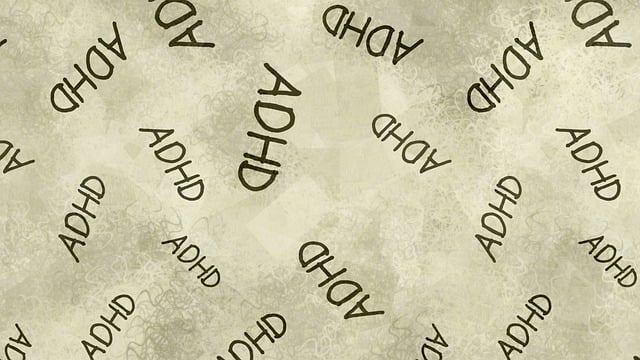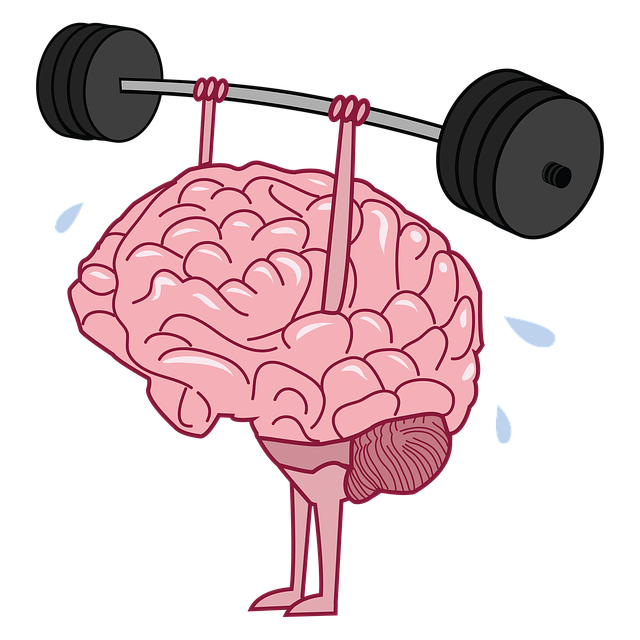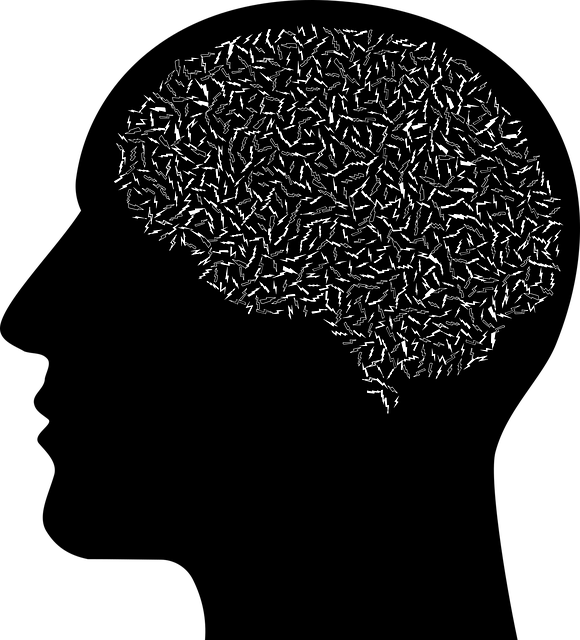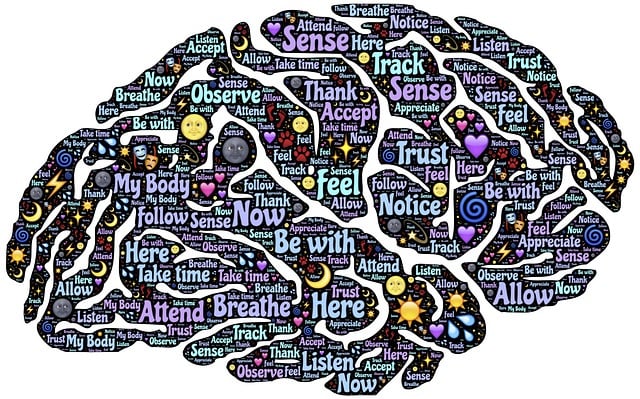Northglenn Geriatrics Therapy employs a multi-faceted risk management strategy tailored to senior mental health care. By addressing physical and cognitive issues, cultural barriers, and social isolation through open communication and structured mood management, they enhance safety and therapeutic outcomes. Their approach includes evidence-based practices like Emotional Intelligence, regular monitoring, and structured communication frameworks, ensuring continuous quality care and prompt addressal of emerging issues. This proactive method not only protects clients but also facilitates consistent, compassionate, and effective mental health services.
At Northglenn Geriatrics Therapy, managing risks in mental health practice is paramount. This article explores a comprehensive risk management planning process designed to ensure patient safety and well-being. We delve into understanding specific risks inherent in geriatric therapy, developing tailored strategies, and implementing robust monitoring systems. By following these steps, mental health professionals can deliver care that is both effective and secure, enhancing the overall therapeutic experience for clients at Northglenn Geriatrics Therapy.
- Understanding Risks in Mental Health Practice at Northglenn Geriatrics Therapy
- Developing a Comprehensive Risk Management Plan
- Implementing and Monitoring Strategies for Safe Care Delivery
Understanding Risks in Mental Health Practice at Northglenn Geriatrics Therapy

At Northglenn Geriatrics Therapy, understanding risks is paramount to ensuring a safe and supportive environment for mental health professionals and their clients. The field of geriatric therapy presents unique challenges, as elderly individuals often face complex psychological issues stemming from physical health conditions, cognitive decline, and social isolation. These factors can contribute to heightened vulnerability, making effective risk management planning crucial.
By recognizing potential risks, Northglenn Geriatrics Therapy implements tailored strategies. This includes fostering open communication channels for conflict resolution techniques, as misunderstandings or cultural differences may arise. Additionally, mood management is prioritized through structured routines and mental wellness journaling exercises, guiding clients to express and regulate their emotions healthily. Such proactive measures not only mitigate risks but also enhance the overall therapeutic experience at Northglenn Geriatrics Therapy.
Developing a Comprehensive Risk Management Plan

In developing a comprehensive risk management plan for mental health professionals at Northglenn Geriatrics Therapy, it’s crucial to integrate a multi-faceted approach tailored to address unique challenges within the field. This involves not only identifying potential risks but also implementing proactive strategies that foster a safe and supportive work environment. A well-rounded plan should incorporate policies and procedures designed to mitigate risks associated with patient care, staff well-being, and organizational stability. By integrating principles from Mental Health Policy Analysis and Advocacy, professionals can ensure their practices align with current best practices and legal standards, thereby enhancing patient outcomes and emotional healing processes.
Moreover, the risk management strategy should actively tackle Mental Illness Stigma Reduction Efforts, as stigma remains a significant barrier to effective therapy. Through education, awareness campaigns, and inclusive policies, Northglenn Geriatrics Therapy can foster an atmosphere where mental health concerns are met with empathy and understanding. This proactive stance not only improves patient experiences but also encourages open dialogue about emotional healing processes, ultimately strengthening the organization’s commitment to comprehensive mental health care.
Implementing and Monitoring Strategies for Safe Care Delivery

Implementing strategies for safe care delivery is a cornerstone of effective risk management planning for mental health professionals. At Northglenn Geriatrics Therapy, we emphasize proactive approaches to ensure patient safety and well-being. This involves integrating evidence-based practices into daily operations, such as leveraging Emotional Intelligence to foster secure therapeutic environments. By promoting open communication through strategies like those featured in our Mental Wellness Podcast Series Production, therapists can better understand and address client needs, thereby minimizing potential risks.
Regular monitoring is equally vital for maintaining high standards of care. Continuous assessment allows professionals to identify emerging issues, adjust interventions as needed, and implement additional safeguards. For instance, utilizing structured communication frameworks enhances clarity and reduces misunderstandings, ensuring that treatment plans remain on track. This meticulous approach to risk management not only protects clients but also empowers mental health providers to deliver consistent, compassionate, and ultimately effective care.
Mental health professionals, such as those at Northglenn Geriatrics Therapy, must prioritize risk management planning to ensure patient safety and well-being. By understanding specific risks within their practice, developing comprehensive strategies, and continually monitoring their effectiveness, therapists can deliver safe and effective care. A robust risk management plan not only protects patients but also enhances the reputation of mental health providers, fostering trust among clients and their families.














